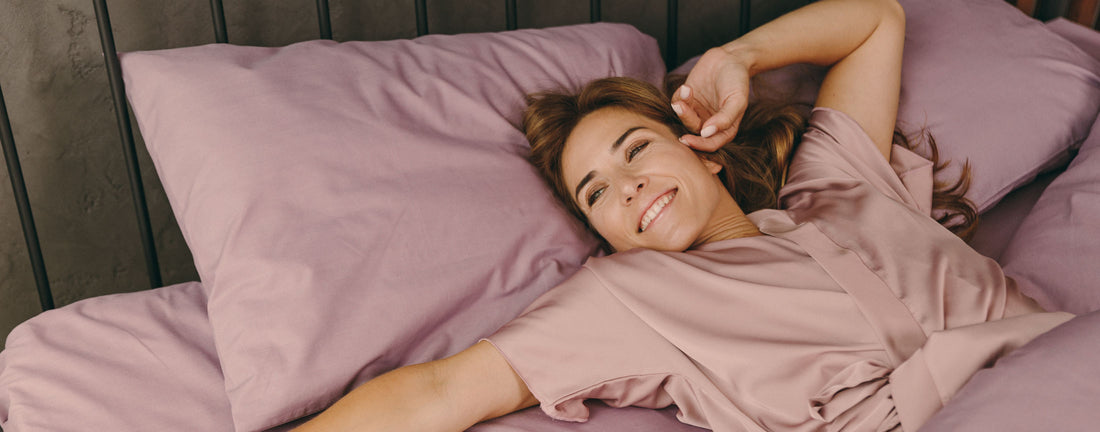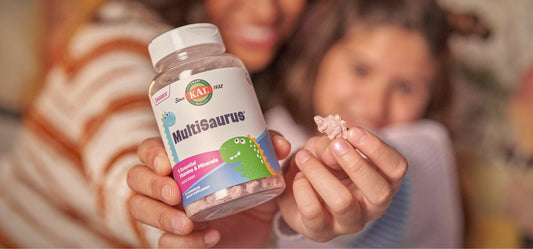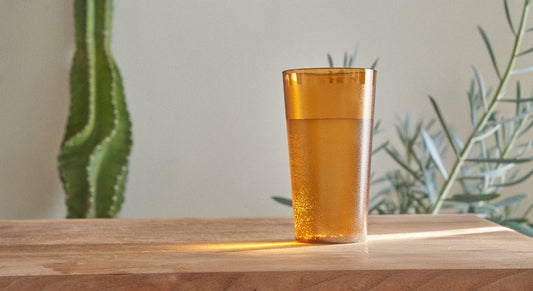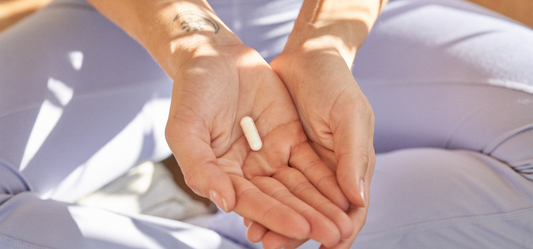Sleep hygiene refers to the behavioral and environmental habits that support healthy sleep.1 Healthy sleep hygiene is important because getting enough quality sleep is critical to health on many levels.2 Conversely, poor sleep hygiene can be detrimental.
What is Poor Sleep Hygiene?
If you are having a hard time falling asleep, experiencing frequent sleep disturbances while trying to sleep, and/or suffering from daytime sleepiness, you may have poor sleep hygiene. What are good sleep hygiene habits?
According to the Sleep Foundation, good sleep hygiene habits include setting a sleep schedule that you stick to, creating a relaxing bedtime routine, cultivating healthy daily habits, and establishing a bedroom environment that is conducive to sleep.
Here are some additional sleep hygiene tips to help prioritize sleep:3
- Go to bed and wake up at about the same time each day.
- Start winding down at least 30 minutes before bed by unplugging from electronics, and utilizing relaxation techniques like meditation, a warm bath, calming music, and/or deep breathing or stretching exercises.
- During the day, be physically active, cut down on caffeine in the afternoon or evening, and don’t dine too late.
- Have a comfortable mattress, pillow, and bedding.
- In the bedroom, block out noise and light and have the room temperature cool yet comfortable.
Creating consistent healthy sleep hygiene habits is a step in the right direction when it comes to getting that much-needed sleep. But sometimes it’s not enough.
Additional Support
Even with good sleep hygiene habits in place, for some people sound sleep can still be elusive. That’s when extra support with melatonin may be needed.
One of the key health benefits of melatonin supplements is supporting sleep. According to a 2021 analysis of 23 clinical trials, melatonin was found to specifically support sleep quality.4 A 2022 analysis of 17 studies found that melatonin supported both sleep quality and quantity.5
Melatonin may help support relaxation and a peaceful night’s sleep, so it’s worth considering if you’re seeking to improve poor sleep hygiene. It is available as a dietary supplement in 1 mg, 3 mg, and 5 mg amounts. It comes in many different forms including tablets, liquid, gummies, and even chocolate.
Healthy sleep hygiene and melatonin are a great sleep-supporting combination. And the better your quality of sleep, the better you’ll feel. For more tips on nutrition, mindful wellness practices, and helping your family feel their best, follow us on Facebook @kalvits and Instagram at @kalvitamins!
References
- Alanazi EM, Alanazi AMM, Albuhairy AH, Alanazi AAA. Sleep Hygiene Practices and Its Impact on Mental Health and Functional Performance Among Adults in Tabuk City: A Cross-Sectional Study. Cureus. 2023;15(3):e36221. https://www.ncbi.nlm.nih.gov/pmc/articles/PMC10105495/?report=reader
- Ramar K, Malhotra RK, Carden KA, et al. Sleep is essential to health: an American Academy of Sleep Medicine position statement. Journal of Clinical Sleep Medicine. 2021;17(10):2115-2119. https://jcsm.aasm.org/doi/10.5664/jcsm.9476
- Suni E, Vyas N. Mastering sleep hygiene: your path to quality sleep. Sleep Foundation. 2023;Dec 8. https://www.sleepfoundation.org/sleep-hygiene
- Fatemeh G, Sajjad M, Niloufar R, et al. Effect of melatonin supplementation on sleep quality: a systematic review and meta-analysis of randomized controlled trials. Journal of Neurology. 2021;269:205-216. https://link.springer.com/article/10.1007/s00415-020-10381-w
- Marupuru S, Arku D, Campbell AM, et al. Use of melatonin and/or ramelteon for treatment of insomnia in older adults: a systematic review and meta-analysis. Journal of Clinical Medicine. 2022;11(17). https://www.mdpi.com/2077-0383/11/17/5138




